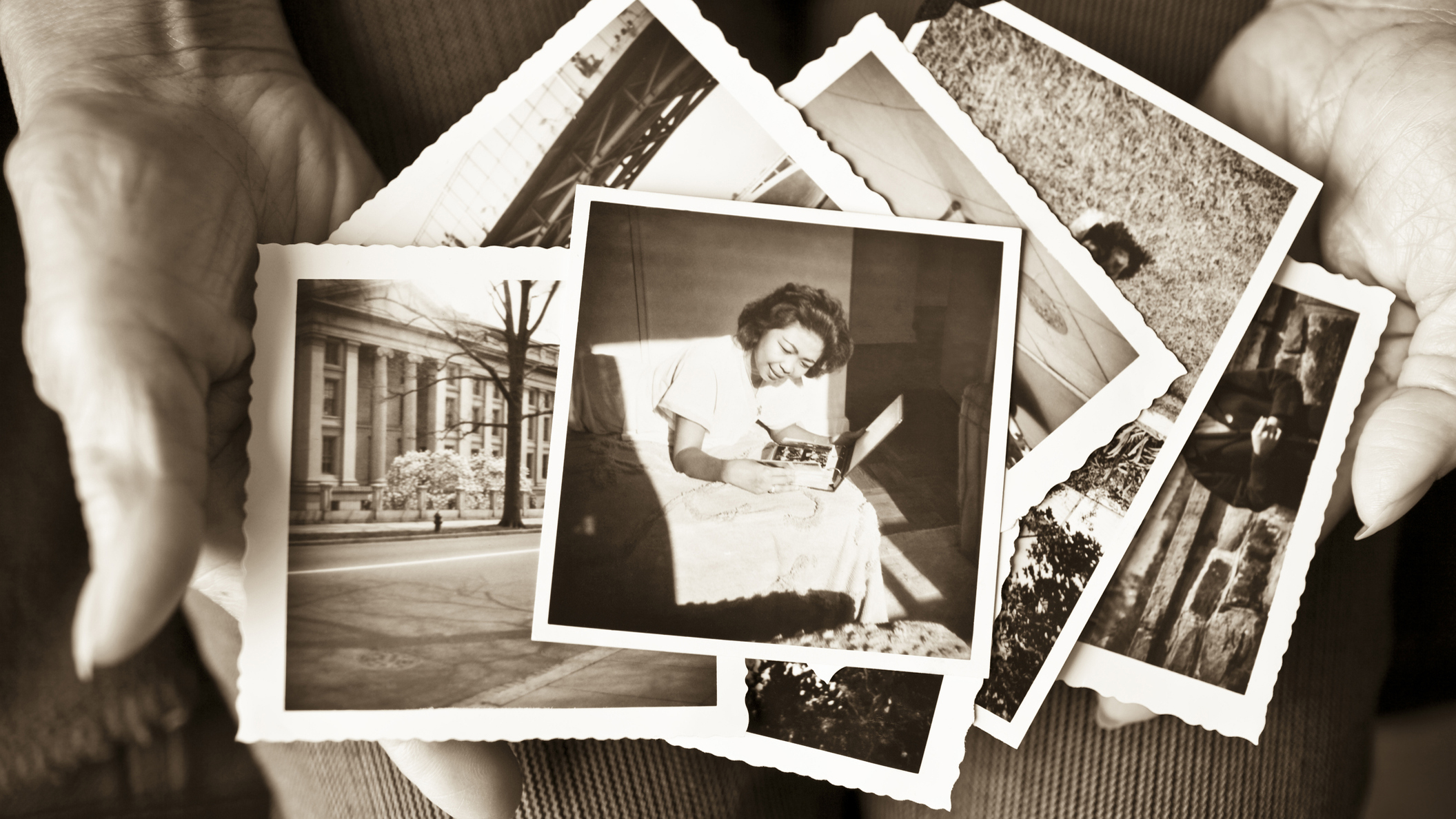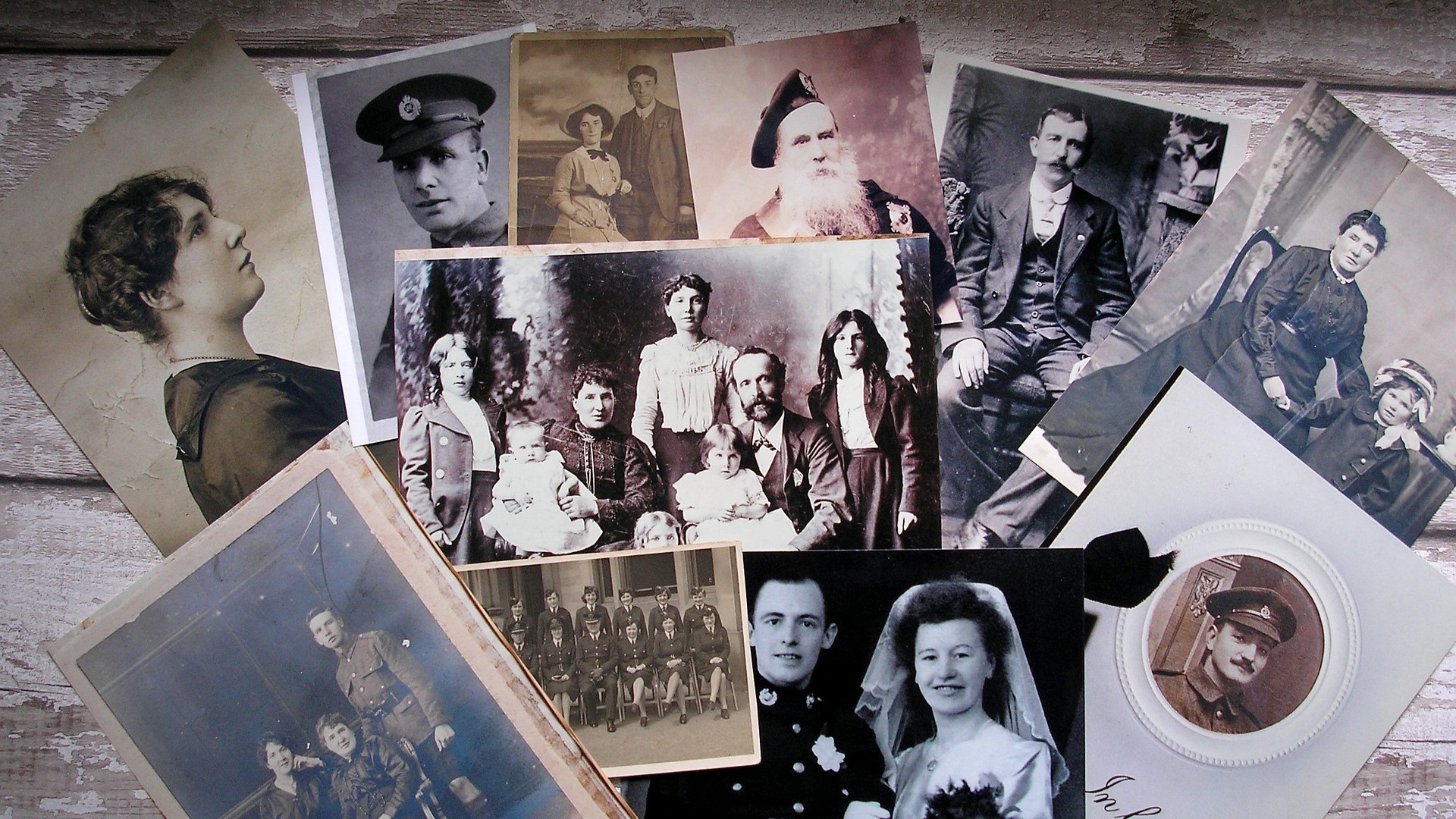Researching your family history can be a very rewarding pursuit. Even if you don’t uncover that you’re secretly related to royalty or other influential figures, you could still gain a better understanding of your origins. It can give you a better insight into your parents’ lives and – perhaps more importantly – researching and recording your family tree will help future generations understand their ancestors, too.
There’s an overwhelming amount of resources out there, which can be confusing to navigate. Below, we tell you how to get started.
Get details from your relatives
The easiest way to fill in any family knowledge gaps is by chatting with your relatives. Ask them to provide as many details as they can, including estimates for birth dates, maiden names, marriages and the areas they remember living, and it will make your search a lot easier.
If you’re lucky enough to have great-grandparents, you’ll be amazed how far back their memories can stretch, with tales told to them by their own grandparents bringing the past to life. They may even have old photos, documents and diaries, which you can photocopy and incorporate into your research.

Take advantage of online genealogy databases
There are many other places to search through records online; we have a guide to the best genealogy sites that’s well worth looking through. A good free option is FamilySearch, operated by the Mormon church, which has a huge catalog of genealogical material to be browsed. Items can be ordered and viewed in person at your local Family History Center - often in a public library. While at the library, ask if they offer the Ancestry Library Edition. From this, you can access six of Ancestry.com’s databases, including border crossings, citizenship records, and passenger lists.
Test out your DNA
You might not be able to uncover exactly who your great-great-great-grandad was by using one of the best DNA testing kits, but you should be able to see roughly where your ancestors are likely to have lived. You might discover your ancestors came from northern Europe or West Africa or parts of China, that you have a genetic disposition toward dark curly hair or pale skin, or that you have a tiny percentage of Neanderthal DNA, but it won’t tell you too much else. Although, fascinatingly, it can predict what type of ear wax you produce. Some providers host a site that links together people who might be cousins.

Collate all your findings
Once you’ve done a bit of research, you’ll want to get the information written down in a legible way that can be shared with others and saved for future generations. We’ve rounded up the best family tree makers for you, to help you organize and display the fruits of your research in an easy-to-read visual format. All these makers are compatible with GEDCOM, the open specification for exchanging genealogical data between different programs too, so you can simply import all your findings.
Some family tree packages will even do a little bit of the work for you, checking the information you input and highlighting data that may be incorrect. If the software you choose is backed by a website with a thriving community, it’s possible to share your work on there, and maybe discover someone else with whom your research overlaps. Share with one another, and you’ve uncovered a new chunk of your family you may not have known even existed.
One important thing to note is that by recording your family history in an offline format, you can preserve it properly. Online databases can be changed by other members who happen to be using them; this can happen where someone has a common name, and people mistake the identity of that person, so they try and ‘correct’ details such as birth dates and marriage certificates. As such, you may also want to present your research in something like one of the best photo books, so you have a solid record that can’t be tampered with.

Why research your ancestry in the first place?
So why research your family tree? A 2014 survey by Ancestry.com discovered that 67% of people who used the internet to learn more about their family history felt ‘wiser’ as a result, while 72% said it helped them feel closer to their older relatives and 52% said they discovered ancestors they hadn’t previously known about. If that’s not enough, it can actually be therapeutic: in the New York Times, Tara Parker-Pope writes: “Writing about oneself and personal experiences can improve mood disorders, help reduce symptoms among cancer patients, improve a person’s health after a heart attack, reduce doctor visits and even boost memory…. Writing - and then rewriting - your personal story can lead to behavioral changes and improve happiness.”
And while not everybody can have a celebrity - perhaps a politician or notorious criminal, or both - in their family, the stories that come out of this research can be entertaining as well as informative. Our stories have value, and by gathering them together and sharing them we can make our families feel closer and may shed light on the way we interact with one another today. History may not explicitly repeat itself, but by following the threads that run through it we can gain insights into human behavior and empathy with those who went before us.
